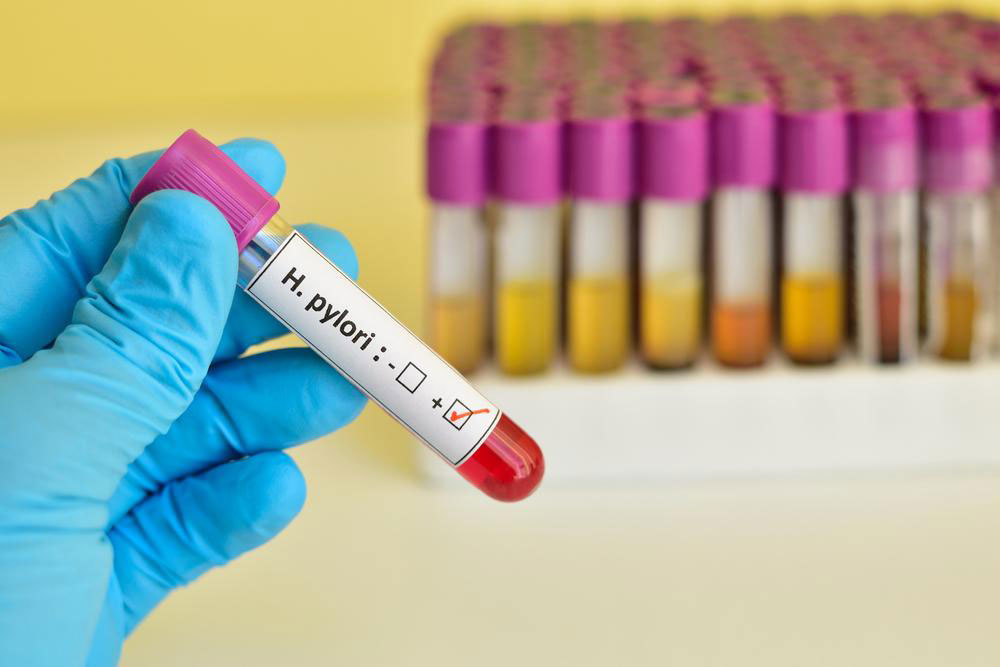Understanding Helicobacter pylori: Causes, Symptoms, and Prevention
Learn about Helicobacter pylori, a common bacterial infection affecting the stomach. This article covers causes, symptoms, risk factors, prevention, diagnosis, and treatment options. Recognizing early symptoms and maintaining good hygiene are vital for prevention and effective management of the infection, which can lead to ulcers and gastritis if left untreated.

Understanding Helicobacter pylori: Causes, Symptoms, and Prevention
Helicobacter pylori (H. pylori) Infection Overview
H. pylori is a prevalent bacteria residing in the human digestive system, primarily attacking the stomach lining. It is a leading cause of stomach infections, ulcers, and gastritis. The bacteria are spiral-shaped, which helps them penetrate the stomach lining. Typically acquired during childhood, H. pylori infections often remain asymptomatic but can lead to serious gastrointestinal issues.
While many with H. pylori show no symptoms, infection may cause conditions like inflammation, ulcers, and gastritis. The bacteria survive harsh stomach acidity by altering the environment and penetrating protected mucus, evading immune defenses, and disturbing normal stomach function.
Symptoms of H. pylori infection vary; common signs include nausea, loss of appetite, abdominal pain, bloating, frequent burping, and weight changes. Many remain unaware due to lack of symptoms. Severe cases, especially with ulcers, may present with burning belly pain, blood in stool, fever, and difficulty swallowing. The bacteria spread through contact with vomit, fecal matter, saliva, or contaminated water and food. Risk factors include crowded living conditions, poor water sanitation, and close contact with infected individuals. Prevention involves good hygiene, safe water, and proper food handling. Treatment primarily includes antibiotics, acid suppressors, and lifestyle adjustments. Diagnosis relies on breath, blood, stool tests, or endoscopy. Recognizing symptoms early ensures effective management and reduces complications.










